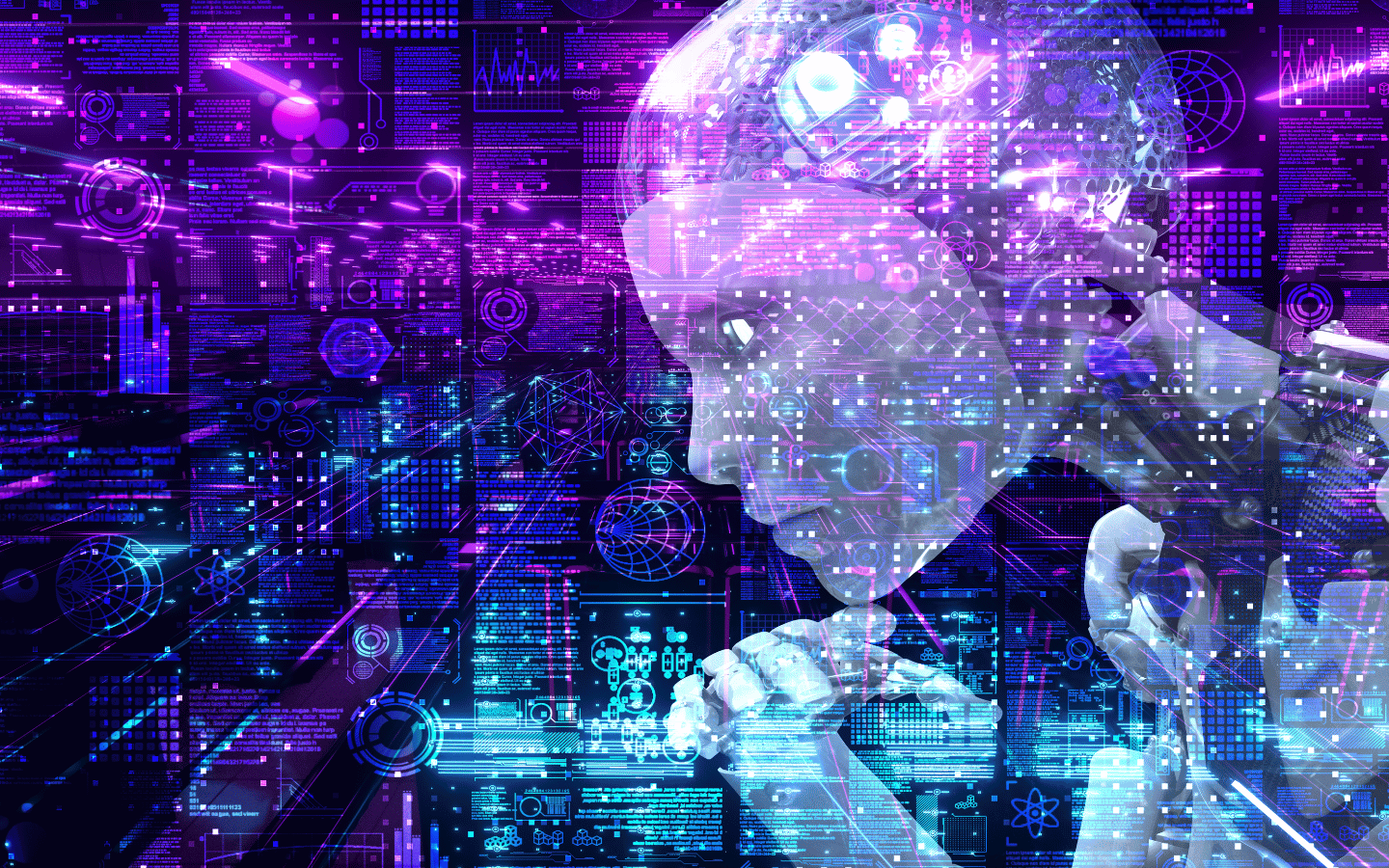DLC518066: AGI Fundamentals for Business
-
Lesson 1: The Context7 Topics
-
Anchor Lecture: The Context (41 min video) - Core item
-
Large Language Model (LLM) Explained (1 h Video) - Core item
-
The Art of AI Maturity | Accenture (20 min read) - Core item
-
The Age of AI has begun - Bill Gates (15 min read)
-
Artificial Intelligent (AI) Impact and Our Responsibility (10 min read)
-
Dr. Aya Soffer – AGI – Are We There Yet? (60 min video)
-
AI Glossary (Dig in as much as you want)
-
Anchor Lecture: The Context (41 min video) - Core item
-
Lesson 2: AGI Tools6 Topics
-
Anchor Lecture: AGI Tools (16 min video) - Core item
-
Anchor Lecture: Q1 2024 - Developments (78 min video) - Core item
-
There's An AI For That (♾️Dig in as much as you want)
-
Advanced Midjourney V6 Guide (30 Min. Video)
-
Generative AI Library, Prompts and Tools (♾️Dig in as much as you want)
-
Hugging Face – The AI Community Building the Future (5 min video)
-
Anchor Lecture: AGI Tools (16 min video) - Core item
-
Lesson 3: Tips That Teach Us6 Topics
-
Anchor Lecture: Tips That Teach Us 1 (25 min video) - Core Item
-
Anchor lecture: Q2 2023 Developments - Tips That Teach Us 2 (86 min video) - Core Item
-
How to Win in Generative Tech Right Now with James Currier (13 min video) - Core item
-
How ChatGPT Works Technically For Beginners (33 min video)
-
Learn Prompting (3 hours read)
-
100 (Free) AI Courses To Help You Navigate the Future of Work (♾️Dig in as much as you want)
-
Anchor Lecture: Tips That Teach Us 1 (25 min video) - Core Item
-
Lesson 4: AI in The Organization - Potential and Case Studies7 Topics
-
Andrew Ng: Opportunities in AI (37 min. Video) - Core item
-
Work Shift: How to Create the AI-Powered Office of the Future (15 min. read) - Core item
-
The Vertical AI Boom - Core Item (10 min read)
-
Walmart Is Breaking Retail Boundaries - Core item (5 min read)
-
Oracle AI Strategy (10 min. read)
-
McKinsey - The Race to Deploy AI (30 min read)
-
Inside Accenture’s AI Journey With CEO Julie Sweet (25 min. listen)
-
Andrew Ng: Opportunities in AI (37 min. Video) - Core item
-
Lesson 5: Diving Deeper7 Topics
-
How Far is Too Far? | The Age of A.I (34 min video)
-
Yuval Noah Harari – AI & the Future of Humanity (40 min video)
-
The Impact of ChatGPT on Physics and Vice Versa – Stephen Wolfram (58 min video)
-
Objective-Driven AI – Yann LeCun’s Vision for Cognitive Systems (1.15 hrs video)
-
Children’s Common Sense and Learning AI Systems (9 min video)
-
Mindfulness, AI and the Future of Life With Sam Altman (1 hour video)
-
What Is ChatGPT Doing - Stephen Wolfram (3 hours video)
-
How Far is Too Far? | The Age of A.I (34 min video)
-
Lesson 6: Updates6 Topics
-
NIST AI Risk Management Framework (1 hour read)
-
OpenAI DevDay Nov-2023: Opening Keynote with Sam Altman on ChatGPT-4 (45 min. Video)
-
How AI Was Stolen (3 hours video)
-
Why Are Migrants Becoming AI Test Subjects (50 min listen) - Core item
-
Insect-Inspired AI: “Natural Intelligence” Shapes the Third Wave
-
Making Friends with Machine Learning: The Entire Course - Cassie Kozyrkov (♾️Dig in as much as you want)
-
NIST AI Risk Management Framework (1 hour read)
-
Setting a Test and Receiving a Certificate3 Topics|1 Quiz
Artificial Intelligent (AI) Impact and Our Responsibility (10 min read)
How AI gets built is currently decided by a small group of technologists. As this technology is transforming our lives, it should be in all of our interest to become informed and engaged. Transformative artificial intelligence is defined by the impact this technology would have on the world. A small number of people at a few tech firms directly working on artificial intelligence (AI) do understand how extraordinarily powerful this technology is becoming. If the rest of society does not become engaged, then it will be this small elite who decides how this technology will change our lives.
To change this status quo, Max Roser, founder and director of Our World in Data wants to answer three questions in this article:
- Why is it hard to take the prospect of a world transformed by AI seriously?
- How can we imagine such a world?
- What is at stake as this technology becomes more powerful?
For AI, the spectrum of possible outcomes – from the most negative to the most positive – is extraordinarily wide. AI systems can also cause unintended harm, when they act differently than intended or fail. The AI does what we told it to do, but not what we wanted it to do. Making sure that the development of artificial intelligence goes well is not just one of the most crucial questions of our time, but likely one of the most crucial questions in human history. This needs public resources – public funding, public attention, and public engagement. Currently, almost all resources that are dedicated to AI aim to speed up the development of this technology. Efforts that aim to increase the safety of AI systems, on the other hand, do not receive the resources they need.
Roser summarizes some of the risks of AI in this short article and therefore recommends reading the book The Alignment Problem by Brian Christian and Benjamin Hilton’s article ‘Preventing an AI-related catastrophe’ on some of the very worst risks of AI systems, and what we can do now to reduce them.

